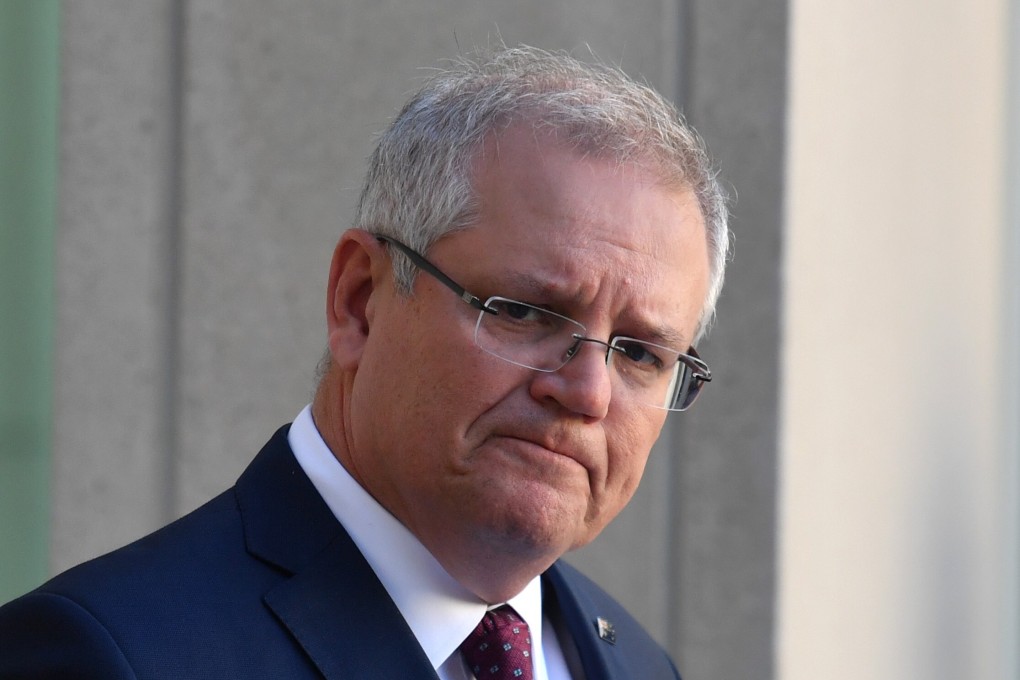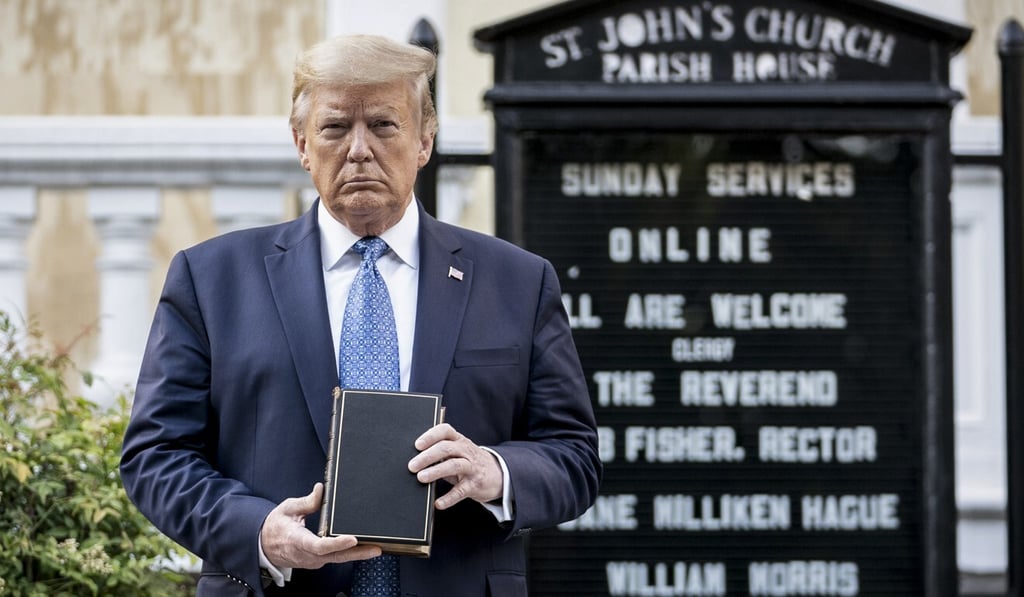Opinion | Why Australia should rethink being part of Trump’s expanded G7
- By taking part in the US president’s proposed gathering, the Australian prime minister risks unnecessarily offending Beijing
- Sino-Australian relations are already tenuous, given the latter’s push for an independent inquiry into the origins and spread of Covid-19

Not since the civil rights movement and the death of Martin Luther King in the 1960s has the US witnessed such widespread civil unrest. This is a country divided against itself, with a president who seems unwilling or unable to find the words or actions to address his country’s divisions.
This forms the background to Morrison’s invitation for an event that, on the face of it, is not designed to rally Western democracies dealing with the economic fallout from the coronavirus pandemic.

Rather, a “G7+” gathering would be aimed at providing an embattled president with a photo opportunity in the middle of what promises to be one of the most bitter presidential election contests in American history.
In other words, Morrison would be a prop in a wider political game.
